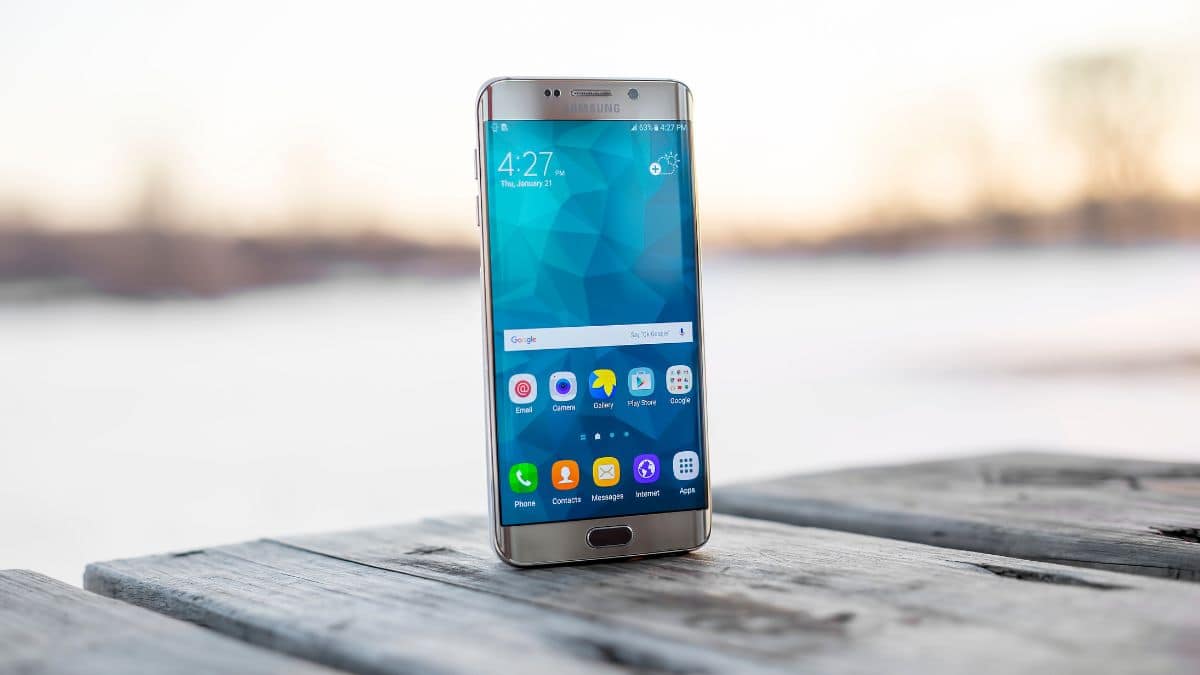Protect your phone against malware! 17 ‘Dangerous’ loan apps that you must delete – Know why
A warning has been issued to delete ‘dangerous’ apps on phones after security researchers found malware-infested finance apps installed on millions of devices.
Apple and Google differ in their ecosystem approaches, as Apple focuses on a closed system with limited access, while Google offers more choices but with risks. Despite warnings, malicious apps continue to infiltrate Google’s Play Store and third-party app platforms, posing threats to user data.
As per the list by PhoneArena, if any of the 17 listed apps are on your phone, immediately delete them. It’s highly recommended to change your device’s passcode, WiFi password, and passwords for important financial accounts. Stay vigilant for any suspicious activity, emails, or messages you may receive shortly.
AA Kredit
Amor Cash
GuayabaCash
EasyCredit
Cashwow
CrediBus
FlashLoan
PréstamosCrédito
Préstamos De Crédito-YumiCash
Go Crédito
Instantáneo Préstamo
Cartera grande
Rápido Crédito
Finupp Lending
4S Cash
TrueNaira
EasyCash
Not only are there 17 apps a threat but they represent the latest instance of sophisticated malware that targets smartphones which has access to our critical and sensitive information.
Balancing choice versus privacy and security is the core concern, as per Pichai’s viewpoint. Apple faces mounting pressure to dismantle its protective walls, raising questions about the consequences for its large user base reliant on Apple’s defenses.
Acknowledging EU regulatory pressure, Apple plans App Store changes, mirroring its recent iMessage adjustments. The implementation of these alterations will be crucial, potentially leading to parallel coexistence rather than full integration.
Likewise, Apple’s approach to third-party app stores is anticipated to entail robust controls surpassing Google’s more permissive Play Store policies.
Google, criticized for its lax security measures, initiated the App Defense Alliance, collaborating with security researchers. Under this initiative, ESET identified and flagged the SpyLoan apps.
A guide has been provided by Google to Android users with the signs that their devices might have been compromised. It lists the following symptoms and the users are advised to pay attention to:
Device Symptoms
– Virus or infected device alerts
– Malfunctioning or ineffective antivirus software
– Noticeable decline in device’s operating speed
– Unexpected reduction in device’s storage space
– Device malfunction or complete failure
Browser symptoms
– Alerts regarding a virus or infected device
– Persistent pop-up ads and uncloseable tabs
– Recurrent appearance of unwanted Chrome extensions or toolbars
– Loss of control over browsing, experiencing redirects to unfamiliar pages or ads
– Unauthorized changes to Chrome homepage or search engine
Other symptoms
– Contacts receiving emails or social media messages from you without your knowledge or consent.
Google has also advised the following things in case any of the above symptoms appear on your device:
1. Enable Google Play Protect.
2. Verify and install Android device and security updates.
3. Ensure you have the latest available Android updates.
4. Receive timely security updates and Google Play system updates.
5. Remove untrusted apps, especially those outside the Play Store or no longer available on the Play Store.
6. Perform a comprehensive Security Checkup.
However, despite the guidance and numerous initiatives, Google’s Play Store continues to have a significantly higher presence of malware compared to Apple’s counterpart. Until now, there hasn’t been a standard measure to evaluate Google’s security endeavors. However, Apple’s recent action may alter this scenario. If Apple can permit third-party app stores without significantly compromising its security measures, it could prompt Google to enhance its offerings for Android users.
This change could be beneficial for the millions of users affected by SpyLoan and other malware.



